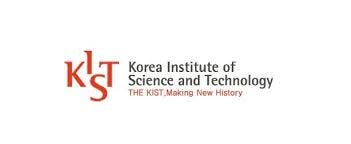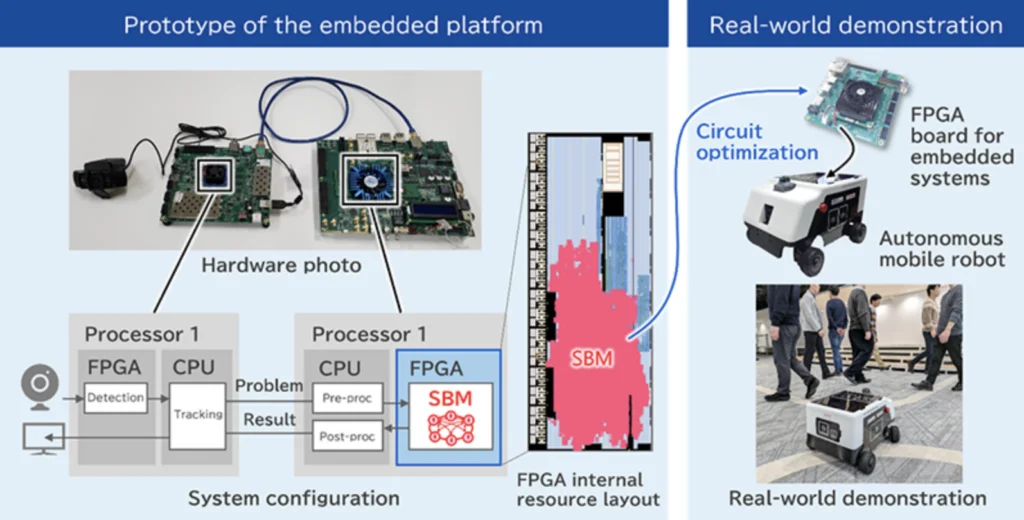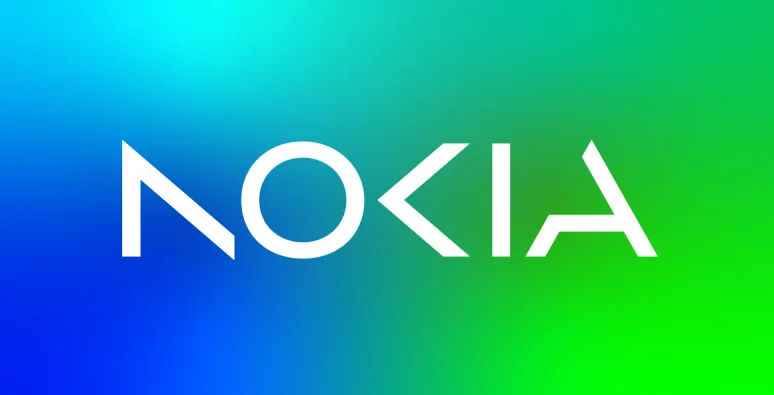
Contribution
In 2019, the South Korean government invested nearly $40 million for the development of quantum computing technology, aimed specifically for projects in quantum developing new architecture, quantum algorithms and quantum software. Now although that doesn’t seem a lot considering the money other countries are putting into their quantum research initiatives, it was a start and is only set to rise with more breakthroughs witnessed.
For South Korea, as one of the leading countries on the Pacific Rim and the world in technological innovation, this is just business as usual. Along with Japan and the economic behemoth that is China, the South Koreans are sure to contribute vastly to many exciting fields in quantum tech, building on their expertise to become a thought leader in the region and beyond.
At the vanguard of the country’s contribution to quantum information science (QIS) are research institutes like the Korea Research Institute of Standards and Science (KRISS), the Center for Quantum Nanoscience (QNS) and the focus of today’s piece, the Korea Institute of Science and Technology (KIST), a multi-disciplinary public research institute located in the country’s capital, Seoul.
You may also like:

- Top 18 Institutions Leading Quantum Computing Research in 2022
- Top 12 Quantum Computing Universities & Ph.D. Programs [2022]
- Top 20 Quantum Computing Masters & Ph.D. Programs in 2022
KIST
Headed by the institute’s director and principal researcher Sang-Wook Han— a specialist in quantum cryptography, quantum electronics, and quantum devices — KIST consists of over a dozen senior researchers, post-doc researchers, and engineers along with the same amount in graduate students.
With a focus on developing research in quantum information processing based on the hybrid system implementing photonic qubits, atom-like solid-state qubits and quantum secure communication, the goal is to build a quantum network that can achieve long-distance quantum communication and networked quantum computing.

As far as research goes, KIST has contributed over seventy papers to the scientific community since 2013 while in patents it has close to fifty either filed or registered.
Commercial Players
The South Korean ecosystem is also complemented by a few players in the commercial space, namely QRNG startup EYL and PharmCADD, which uses deep learning with molecular dynamics simulation and quantum calculation to develop computational modules to combat some of the planet’s deadliest diseases.
Starting with its great rise to economic prominence in the 1960s to the chaebol multinationals of today, South Korea has proved it can compete with the most powerful nations on earth and win, especially when it comes to reliable technology.
In quantum technology, too, the thought leaders in the major cities like Seoul, Busan and Incheon are setting out a roadmap where research establishments such as KIST are steering a path to South Korea’s success in Quantum 2.0.
If you found this article to be informative, you can explore more current quantum news here, exclusives, interviews, and podcasts.















